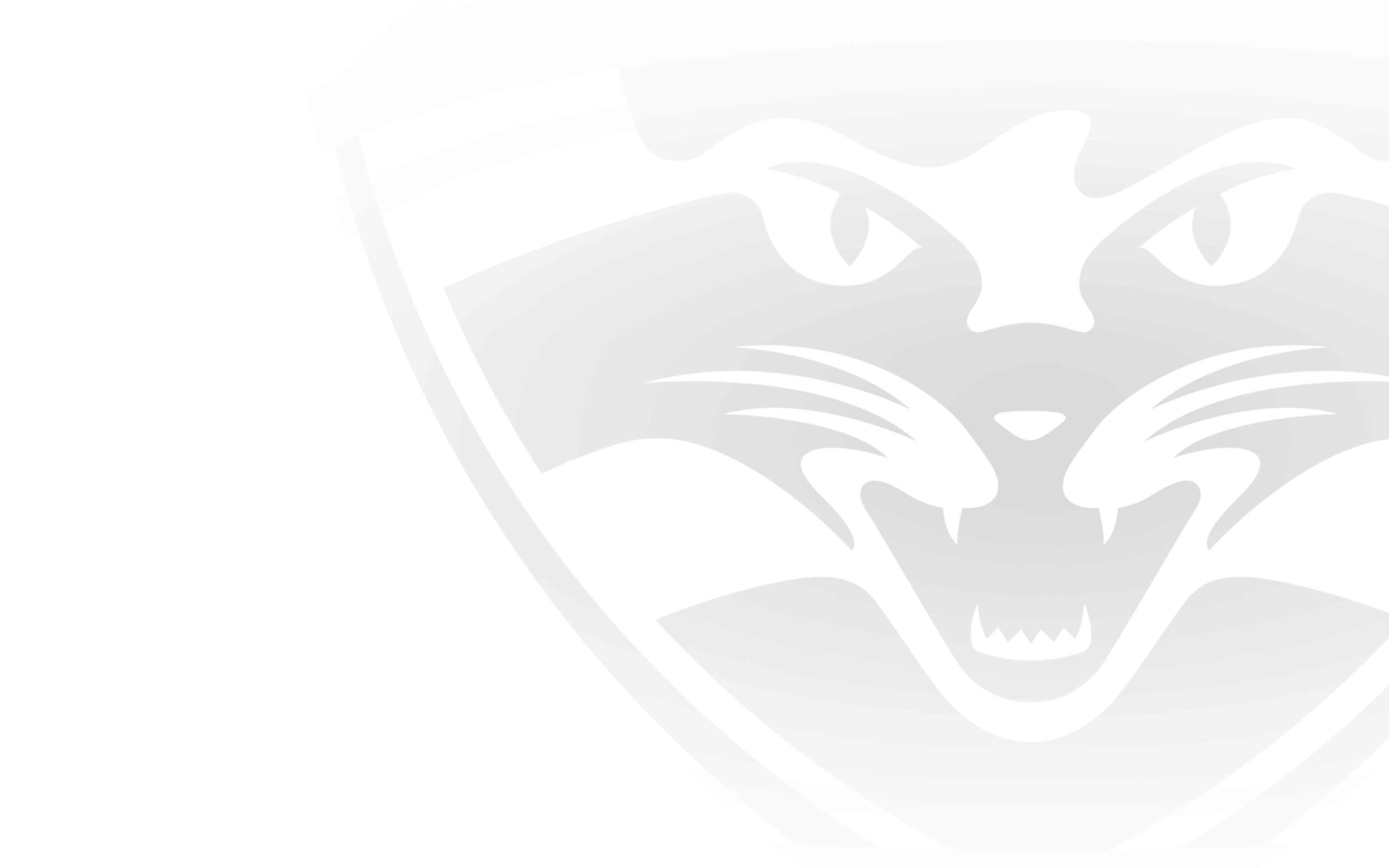When the siren sounded on Grand Final Day, 2011, the Geelong Football Club stood atop the AFL mountain, victorious, for the third time in five years.
Premierships in 2007, 2009, and now 2011 cemented their position as possibly the greatest team of the modern era. There have been dynasties before and since, but this particular group had something else, something intangible.
They just felt invincible.
They had as many characters as they did All-Australians. Even the neutrals loved watching the likes of Ablett, Mooney, Scarlett, Bartell, Kelly, and Stevie J on the field as much as they hung out to see what they’d be wearing each Mad Monday.
They were perhaps the last larrikins to climb the mountain. Their talent matched only by their work ethic and competitiveness. There’s a pang of a lost Australia in there somewhere.
They were the beating heart of their hometown, and in a way that perhaps only the South and Western Australian teams can begin to understand.
But at the time, the 2011 premiership was anything but inevitable.
If you look a bit closer something extraordinary happened down at Kardinia Park just over a decade ago.
Too old, too slow, remember?
Over the next five installments, to celebrate Retro Round, we’ll tell the story of how a football club suffered one of the most tumultuous off-season’s in living memory and somehow found enough for one last glorious run.
It’s a tale of abandonment and loss, arguments and despair, renewal, relentlessness, and ultimately greatness. The story of a club that has done it differently to most, remaining in reach of the cup virtually every year since, the seeds sown in the down year of 2006, through the triumph of 2007, and against the grain in 2011.
Those teams and those players forever changed how the Geelong Football Club was viewed and how the people of Geelong saw themselves.
No longer ‘sleepy hollow’, on the back of that success the people of Geelong grew confident and proud of who they were and where they were from, and over a decade on it’s become a destination not just for players drawn to Geelong for its culture as much as its lifestyle, but for Melbournite’s looking for a change in a post-pandemic world.
Geelong has come alive, and it all started down at Kardinia Park.
Torquay, September 2010
Matthew Scarlett’s phone rings. On the other end is his coach, Mark ‘Bomber’ Thompson, and he wants to talk. Scarlett is at the Surf Coast home of his great mate Corey ‘Boris’ Enright.
The pair would end their careers with 666 games between them, including 12 All-Australian jumpers, three best and fairest’s, and of course six premierships.
But on this overcast Torquay day, they were just two mates sharing a beer after a long, arduous, and ultimately, disappointing season had come to an end.
According to Scarlett, the coach’s call came out of the blue and his visit, in the end, didn’t amount to much either.
It was said that he was fidgety and troubled, and after a quick chat about the upcoming season, he left. Both men thought Thompson had come with something he wanted to say that day, but ultimately couldn’t get it out.
That was on the Monday. On Wednesday morning, Gary Ablett Jr. sent a text to all his teammates.
“Hey boys, just wanted to let you know that… after a lot of thought and consideration, I have decided to take on a new venture at the Gold Coast footy club. It’s been an absolute honour to play alongside you boys – times I’ll never forget.”
Later that morning, the greatest player of the modern era, and Geelong royalty, Ablett officially joined the Gold Coast Suns.
But the week of upheaval wouldn’t end there. While the Ablett situation had been resolved after a long season of will he, won’t he chatter, there was still uncertainty around the coach himself.
The Cats believed that Essendon, the club that he had captained to the 1993 premiership, had been trying to lure him back to Windy Hill and Geelong officials were becoming increasingly wary that there was more than a hint of truth to the rumors.
Crown Palladium, Melbourne
On Thursday, the club held the Carji Greeves Medal count and Thompson was scheduled to speak.
Though he hadn’t informed anyone officially of his intentions other than assistant coaches Brendan McCartney and Brenton Sanderson, the consensus in the room was that, whether he left for Essendon or not, Thompson had likely coached his last game for Geelong.
The room of 1700 waited impatiently for him to appear at the lectern, and the address when it came, was emotional, albeit somewhat inconclusive, but captain Cameron Ling had no trouble reading between the lines.
“He’s gone,” he said.
On the 4th of October 2010, Mark Thompson officially resigned as the coach of Geelong after 11 seasons at the helm. He broke the news to President Frank Costa in the backroom of a café in Anglesea, a coastal town 40 mins outside of Geelong.
And just like that, the Bomber Thompson era ended.
Tomorrow: Greatness Inc. Part 2: The Hunger Games: Within a month, the Cats get their man, but not the man everyone expected it to be, and the players, set to enjoy some time off, get back to work early.
Sources: Comeback, The Fall and Rise of Geelong, James Button. Greatness Gullan, Scott, Greatness. Scarlett, Matthew, Hold the Line (My Story. Johnson, Steve (with Adam McNicol), Stevie J: The Cat with the Giant Story. Chapman, Paul (with Jon Anderson), Chappy: Believe it or Not.


